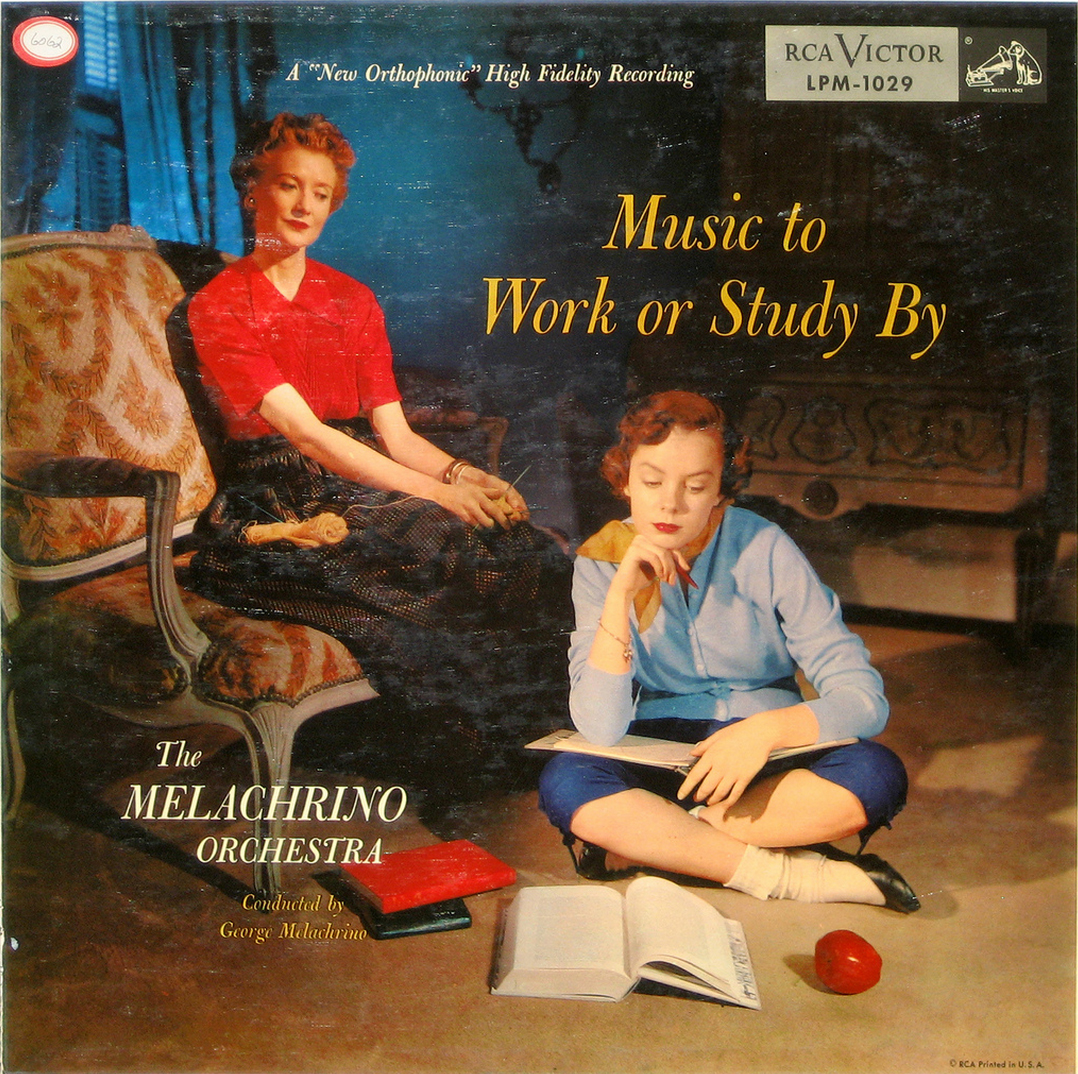The final track in the 131 beats per minute playlist. I like this one as it has a blues development slapped right in the middle of the track - I've been meaning to do that for a while.
While the previous tracks in the playlist were very calm and reassuring - I knew that I wanted more energy in this one. While it starts and ends with a mellow feel, it's all about the blues scale in the middle.
There's a certain chugging nature to the way the left hand sets up the 12 bar shape and it's that driving energy that I often need when I'm hacking through something. The trick is to make the right hand interesting but not overbearing while the left hand provides the energy without becoming monotonous.
I really like the ending too - it makes me go back and immediately start the track again. Listening to this on a loop is great when you want to stay focused an "in" for an hour or so.
Oh and there's a lot of Fibonacci references in the visual for those of you out there who dig that sort of stuff - I do! ;-p
Become a forever member, download this and all music2work2 tracks
Become a free member, download a playlist and get updates






